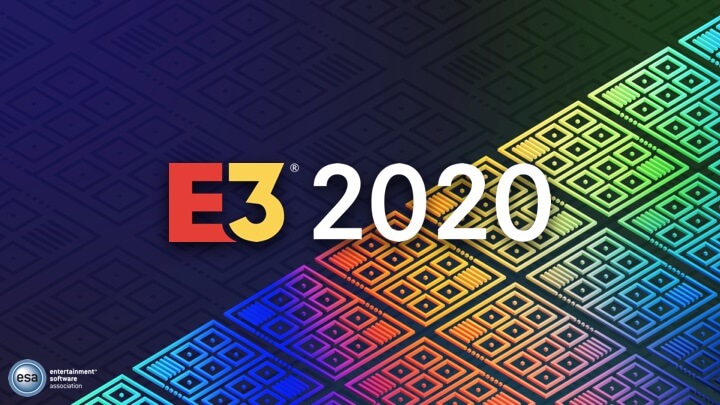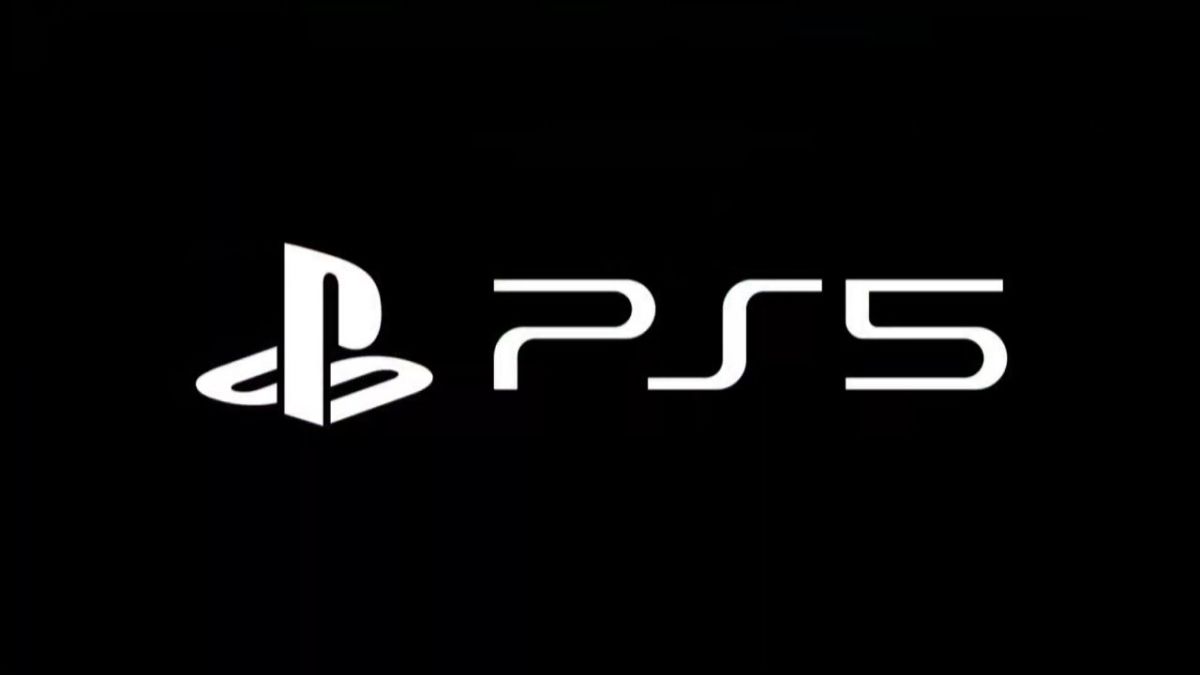With Sony announcing a complete absence from E3 for the second year in a row, E3’s position as a powerhouse within the gaming industry is becoming seemingly more unstable. Many were quick to criticise Sony’s decision given the impending release of the PS5 at the end of the year, although with the recent announcement of the Xbox Series X at the 2019 Game Awards, and the immense success of the Switch despite its October reveal via a YouTube trailer, it’s safe to say that E3 isn’t as important to the big three as it once was.
Given that the E3 gates were open to fans for the first time in 2017, perhaps the tradeshow had started to notice its steady decline. With other shows such as Gamescom and EGX fulfilling functions similar to E3, and other conventions such as Pax delivering a more fan driven appeal, E3 could said to be stuck in a position trending further towards the marketing side of the industry. And with E3’s dominance over the distribution of big announcements being usurped by the likes of Nintendo Directs, Playstation’s State of Play and the Game Awards, it’s unfortunately evident that the former industry necessity has been relegated to a fun event taking place every June. In fact, it can be argued that this trend started back in 2013 with Nintendo abandoning the live conference format in favour of a pre-recorded Nintendo Direct. Granted, not as drastic of a step as Sony has taken, though it still demonstrates E3’s struggle to live up to its mid 90s to 2000s glory.
All this circles back to Sony’s main reason for ditching the event in the first place, a lack of fan focus. Instead of preaching their big announcements to press who are already going to take notes no matter what, the company sees it more important to shift their focus towards smaller events that place a greater emphasis on playing games, rather than waiting in lines. And it really is hard to blame them. Not only do they avoid the major costs and awkwardness of E3, but hosting a plethora of worldwide events rather than one in Los Angeles and calling it quits sounds like an objectively better idea.
Either way, it seems that Sony actually has more to gain from ditching E3 than they do to lose. Given that the PlayStation recently became the best selling console brand worldwide, and the recent hype generated over the PS5 logo alone, it’s ridiculous to say that the PS5 is destined to fail because it doesn’t show up to E3.
This isn’t to say that the PS5 launch couldn’t flop. Sony’s shown us that they can mess up a PlayStation release before, but not attending E3 and a $600 price tag are two very different things. If Sony play their cards right throughout the year, it’s safe to say that they’ll be fine left to their own devices. And with a recent 4chan leak claiming the PS5’s reveal is happening February 5th, we may soon be able to piece together exactly what Sony’s 2020 strategy may entail. It’s definitely understandable as to why Sony would decide to leave E3, although that doesn’t make the decision any less disappointing.
But obviously Sony’s absence doesn’t mean that 2020 is going to be the last year E3 ever runs. While attendance dipped dramatically during 2019, it was hardly enough to suggest the show is in the midst of its final breaths. Although with last year’s doxing controversy and the shock of Sony’s departure, E3 seems to be in the worst shape of its 25 year history. Perhaps Sony’s decision to steer clear from E3 can be viewed as them jumping early from a sinking ship. With a decline in publisher representation, lingering negative reception from last year’s privacy breach, and a steady increase in competitor events, E3’s status as the capital of gaming hype seems to be diminishing over time.
Some of the coverage you find on Cultured Vultures contains affiliate links, which provide us with small commissions based on purchases made from visiting our site. We cover gaming news, movie reviews, wrestling and much more.




